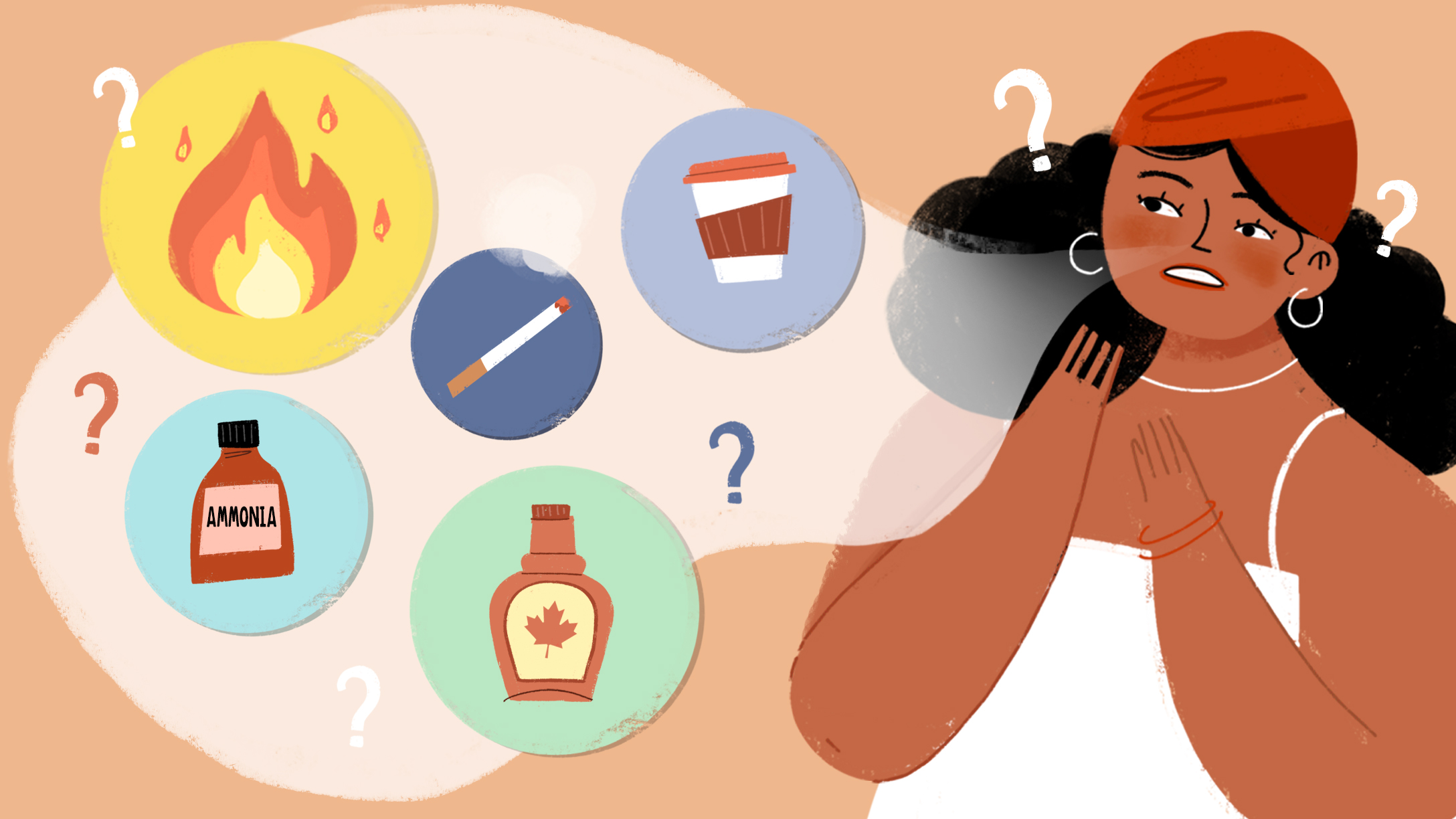
If you try, you can probably recall what a freshly baked apple pie or freshly fallen pine needles smell like. On a less-pleasant note, you can also probably remember the scent of rotten eggs or week-old garbage, even if it’s not sitting right in front of you. We have our brains to thank for these scent memories, but sometimes your can brain perceive them when you're not even trying to.
Just as most of us have probably imagined we saw movement in our peripheral vision even though there was nothing there, we can also experience olfactory hallucinations, or phantosmia – smelling things that aren't there or have no source. Experiencing this every once in a while is not a big deal, but if you’re noticing phantom smells on a regular basis, a medical issue might be the cause.
You shouldn’t panic if you’re smelling coffee before you even brewed your morning cup; you might just be smelling your own unique body odor without realizing it. But it’s important to know what could be causing your phantosmia so you can fix any underlying problems.
Keep reading below to find out some phantosmia causes and how to treat this strange phenomenon.
Why Are You Smelling Things That Aren’t There?
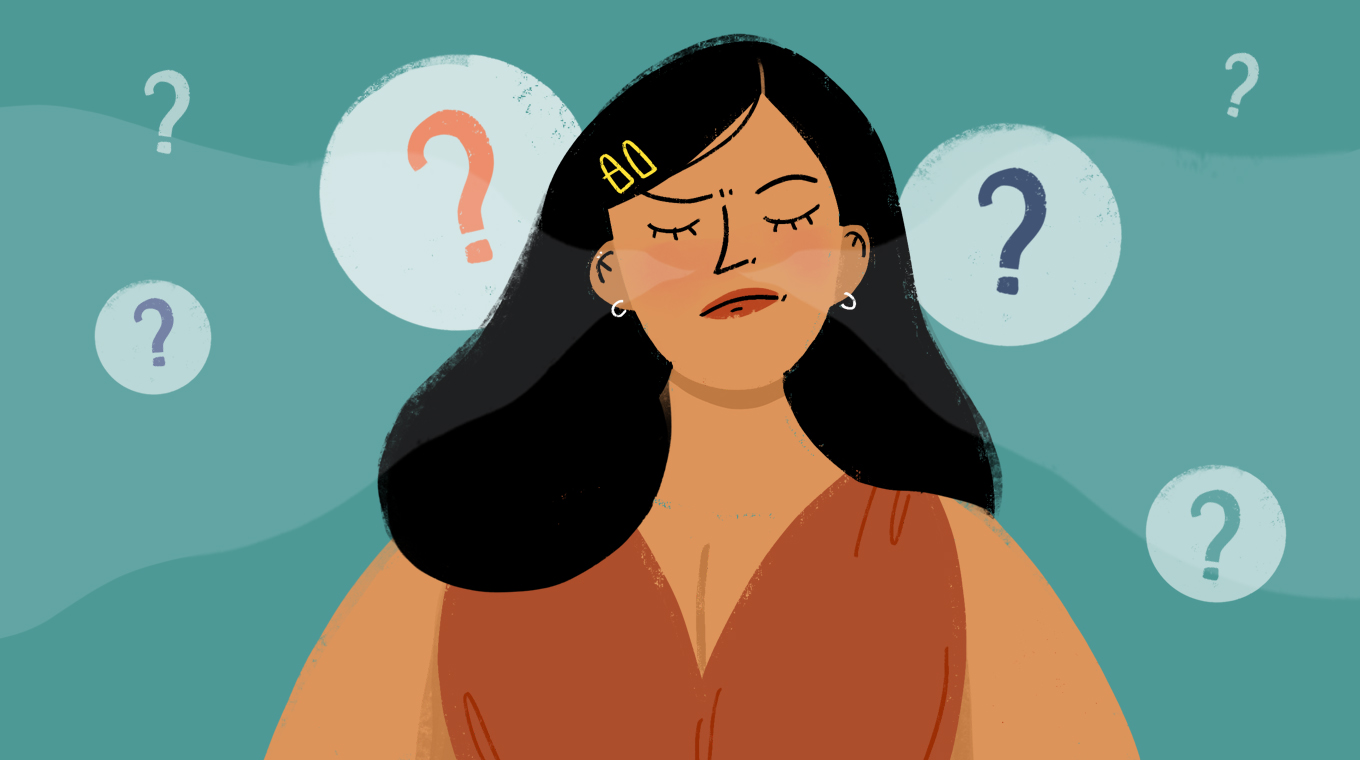
Although it might feel strange to smell things that aren’t really there, you’re not alone in experiencing it. According to a study by Dr. Donald Leopold that appeared in the journal Chemical Senses, a “typical” case of phantosmia is one that occurs in a woman between the ages of 15 and 30. The instances are usually spontaneous and last between five and 20 minutes, and they usually occur again a month later. While it’s understandable that you might feel a little unsure about your mental health if your nose seems to be playing tricks on you, phantosmia is not a mental illness by itself and often goes away on its own.
Phantom Smells You Might Experience

There are lots of false scents you might notice, especially if you’ve spent a lot of time around a certain odor. But while you might catch a fake whiff of your grandma’s perfume every once in a while, you’re more likely to experience a phantosmia of one of these odors:
Cigarette Smoke
Cigarette smoke is a distinct odor that has a tendency to linger even after the source has disappeared, so perhaps it’s not that surprising that your brain might latch onto it even when there’s no smoke around at all. According to Dr. Ronald DeVere of the American Academy of Neurology, olfactory hallucinations most often occur with unpleasant odors, so it makes sense that your mind would pick this smell to play tricks on you.
Ammonia
If smoke isn’t a pleasant smell to you, ammonia definitely isn’t either. If you’ve smelled it even once, you’re not likely to forget it, no matter how much you want to. It’s no wonder that people’s noses have such an easy time conjuring up this smell even when it doesn’t exist.
Coffee
The enticing aroma of coffee is far more appealing than smoke or ammonia, but it’s still a strong (and for many people, very familiar) scent. Dr. Leopold also brings up that many people who think they’re having olfactory hallucinations are actually having taste hallucinations, so this could be another possible explanation for why you think you keep smelling a cup of coffee that isn’t real.
Fire
The scent of a roaring bonfire on a summer night is unmistakable, so much so that your nose might tell you that you’re smelling one even when there’s no fire to be found. Many people enjoy the smell of burning wood, but even pleasant-smelling smoke like this can cause phantom scents just like cigarette smoke.
Maple Syrup
Like coffee, maple flavor is one that relies heavily on your sense of smell to be perceived by the tongue, so people who think they’re smelling syrup might really be experiencing a phantom taste.
What Causes You to Smell Things That Aren’t There?
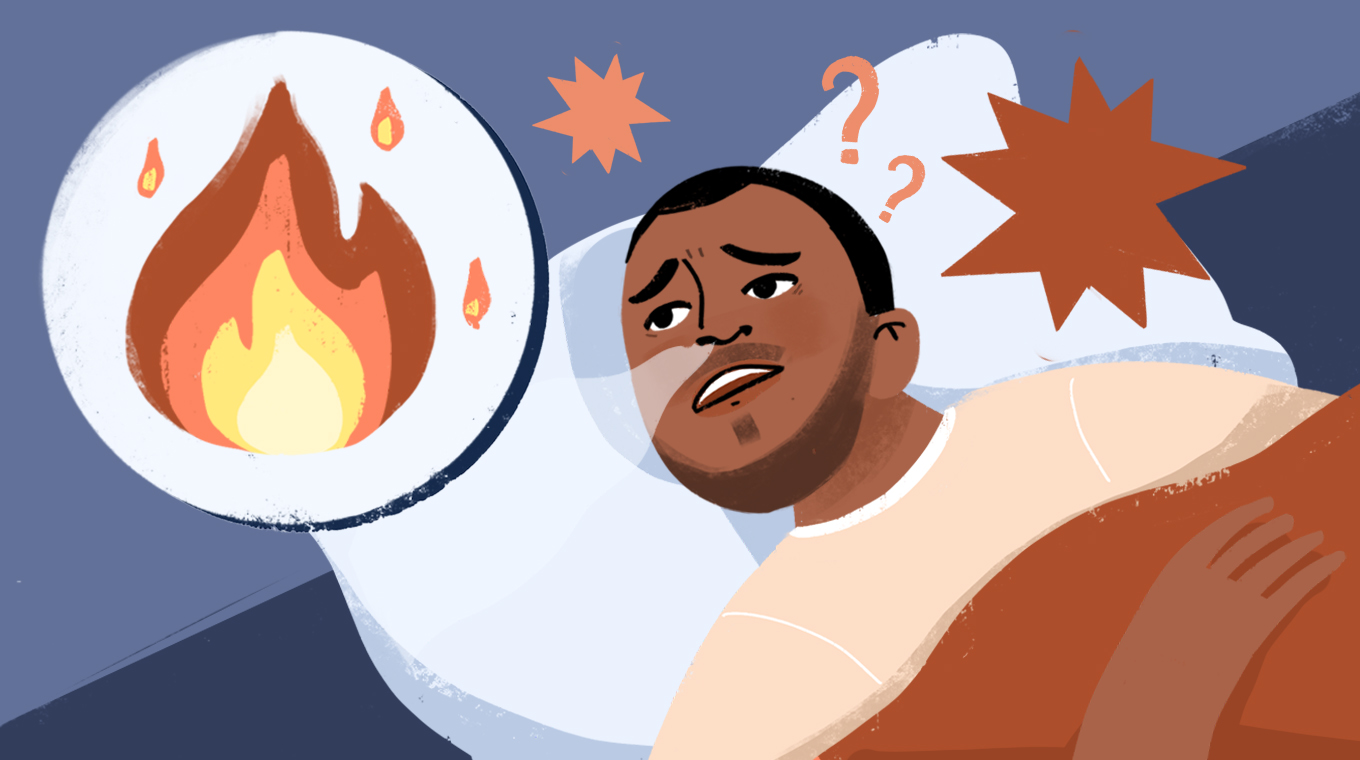
Phantom smells aren’t necessarily an issue on their own (apart from being annoying), but they can be a symptom of a larger problem. At their root, Dr. Leopold explains, they’re caused by your brain improperly firing your neurons — in other words, your brain is just confused about how to tell you about the messages it’s receiving from your environment. Everyone experiences this once in a while with every one of the senses (for example, feeling something crawling on you when there’s nothing there, or hearing your name even though no one said it), but if it becomes a regular issue, something else might be causing it.
Cause 1: Sinus Infection
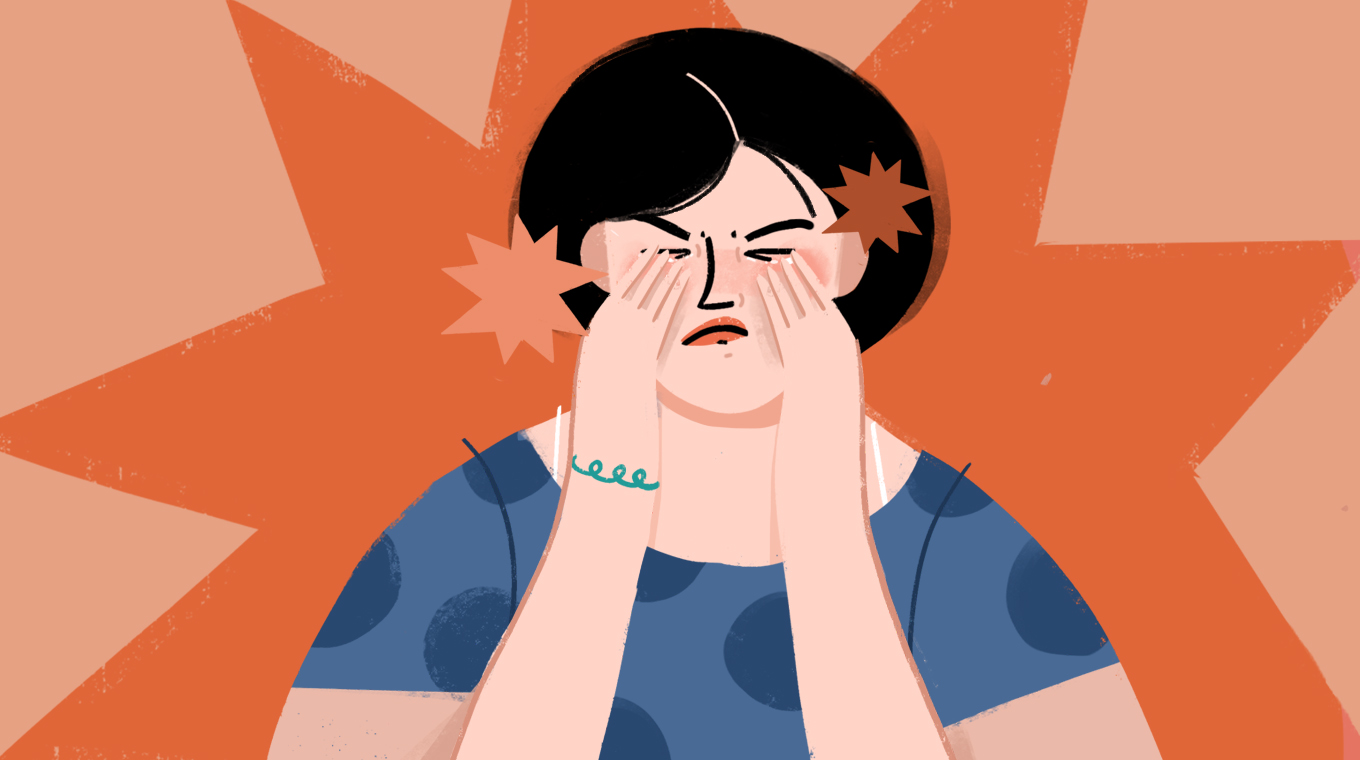
According to the Mayo Clinic, an ear, nose, and throat doctor can rule out or identify inflamed sinuses as a reason for your phantosmia. In addition to phantom smells, a sinus infection can also cause congestion, pain, and fatigue. If you’re experiencing these other symptoms in addition to a distorted sense of smell, your sinuses could be the culprit.
Cause 2: Head Injury
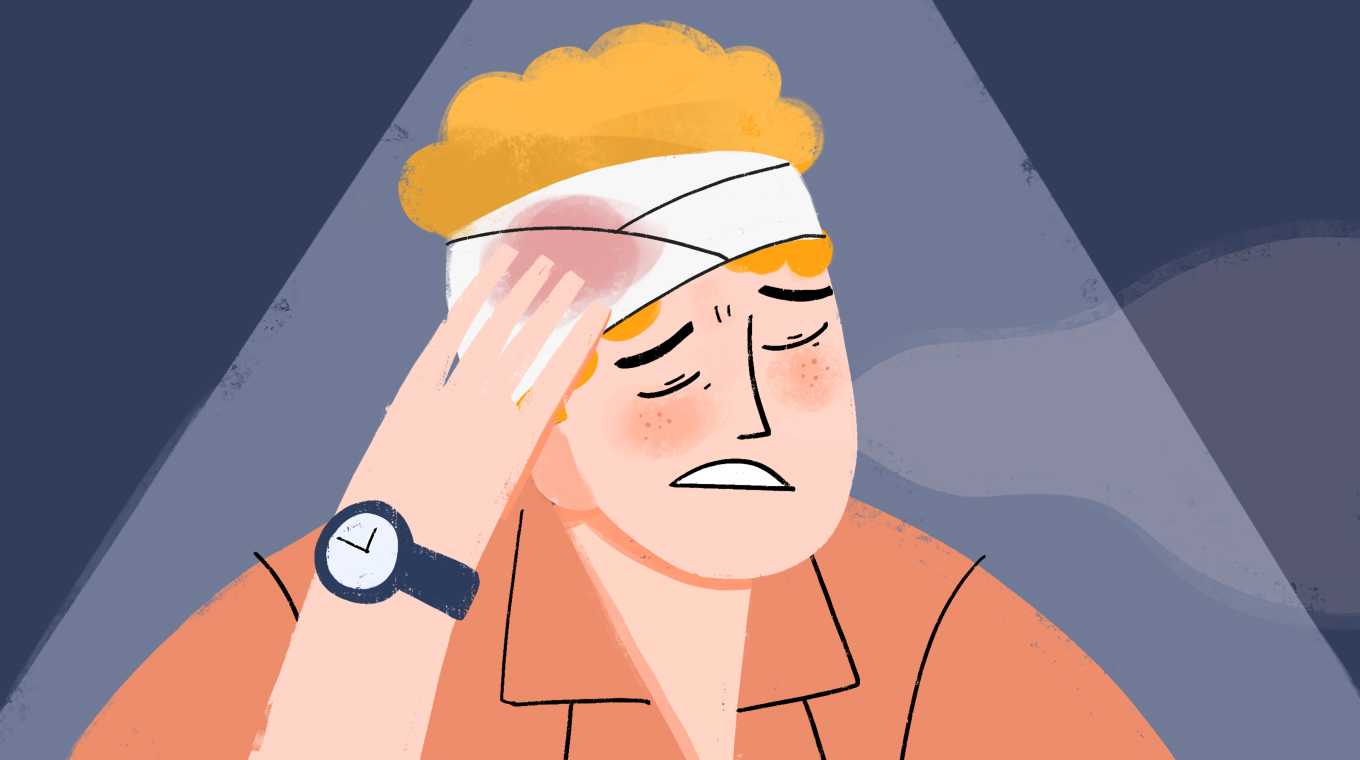
If you’ve ever had a concussion or other head injury, even if it happened a long time ago, ask your doctor if it could be causing your phantosmia. Head injuries can cause you to experience smells that have no real source. According to Healthline, your head trauma might be causing your scent issues if you also experience symptoms like mood swings, nausea, ringing in the ears, headaches, and loss of balance. Your doctor will likely want to conduct an MRI to see if trauma to the head is the root of your olfactory hallucinations.
Cause 3: Seizure Disorders
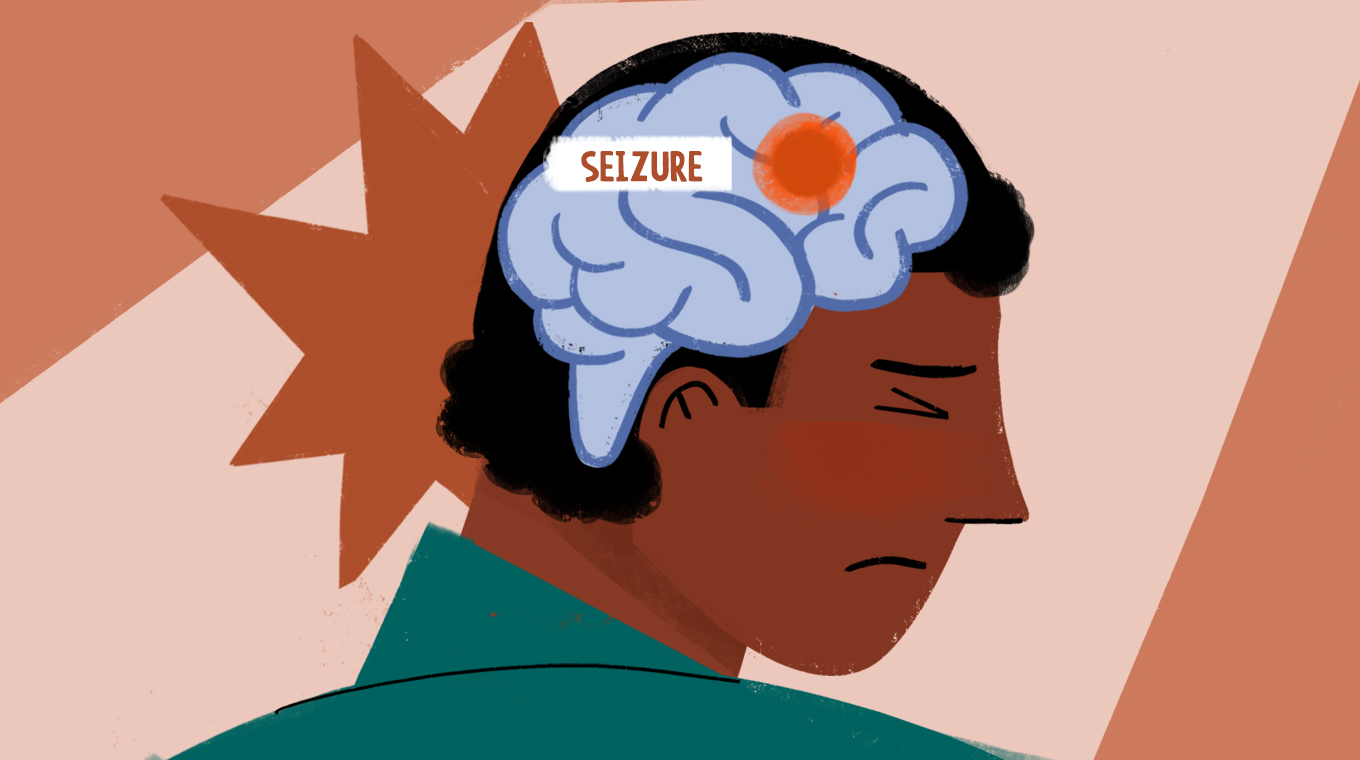
Dr. Andrew Weil states on his website that seizure disorders such as epilepsy can make you smell things that aren’t there. If you’ve been diagnosed with a seizure disorder already, talk to your doctor about phantosmia. Your doctor can also perform a brainwave scan (EEG) to determine if this might be the cause.
Cause 4: Parkinson’s Disease
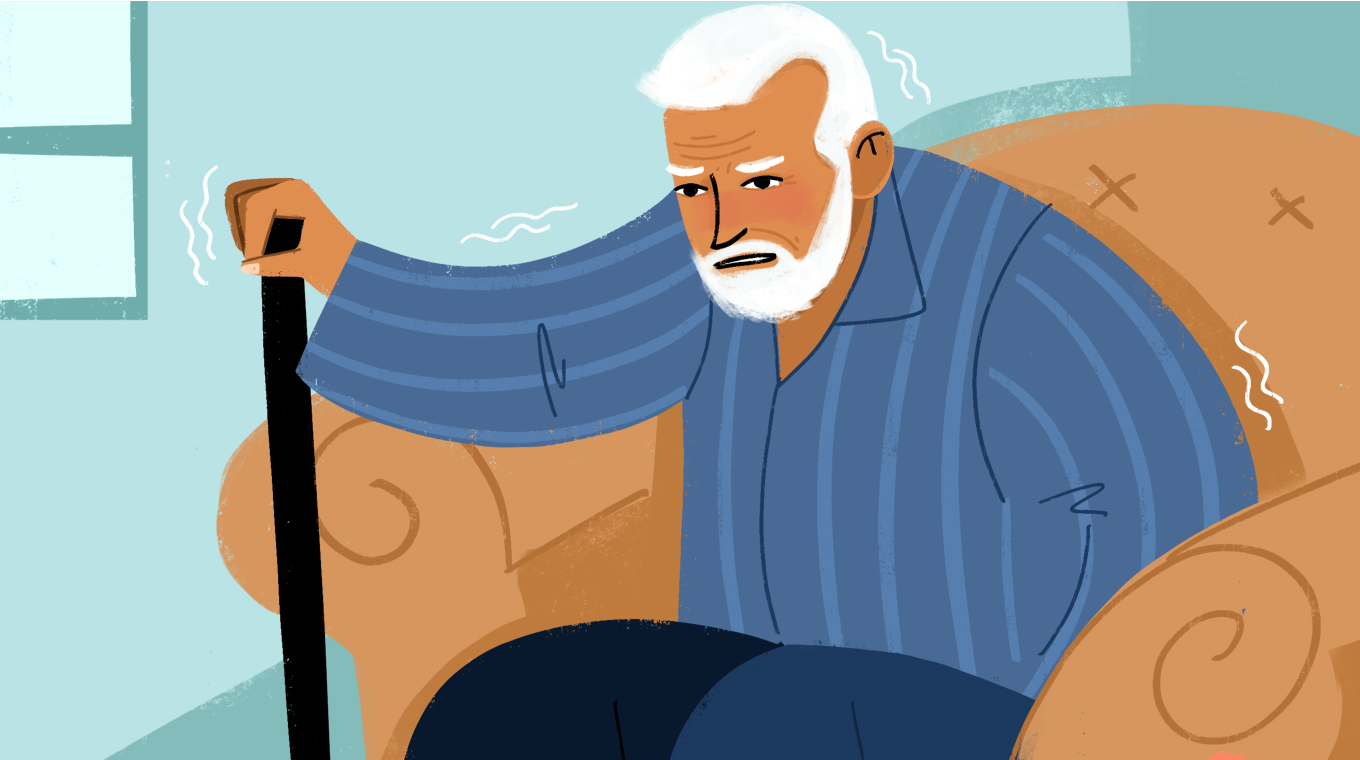
Parkinson’s disease can cause people to smell things with no real-life source. The Parkinson's Foundation states that the disease can also cause you to lose your sense of smell. If your olfactory hallucinations are accompanied by tremors, dizziness or fainting, trouble walking, or constipation, visit the doctor to see if your smell problem could be a sign of something more serious.
Cause 5: Brain Tumor
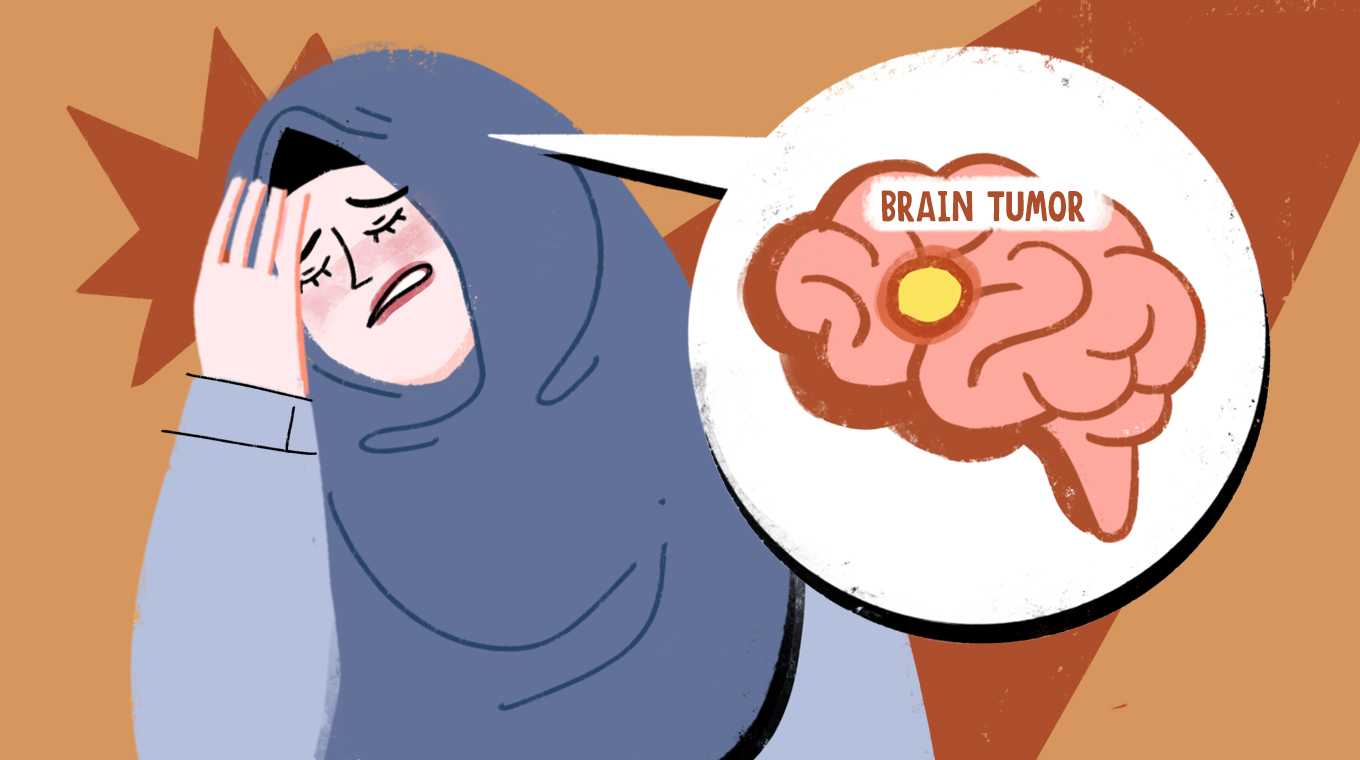
You shouldn’t immediately assume you have cancer just because you’re experiencing phantom smells, but according to Cancer.net, change or loss of smell (in addition to persistent headaches, unintentional movements like twitching, loss of consciousness, and seizures) can be a symptom of a tumor. Your doctor can perform an MRI to determine if there’s something to be concerned about.
When to See a Doctor About Phantosmia

If phantom smells are your only symptom, the phantosmia will likely go away by itself with time, anywhere from three months to two years. However, if your distorted sense of smell is just one of a series of symptoms, or if it is affecting your daily life in a negative way, visit a doctor to see if something else could be the underlying cause.
How to Treat Phantosmia
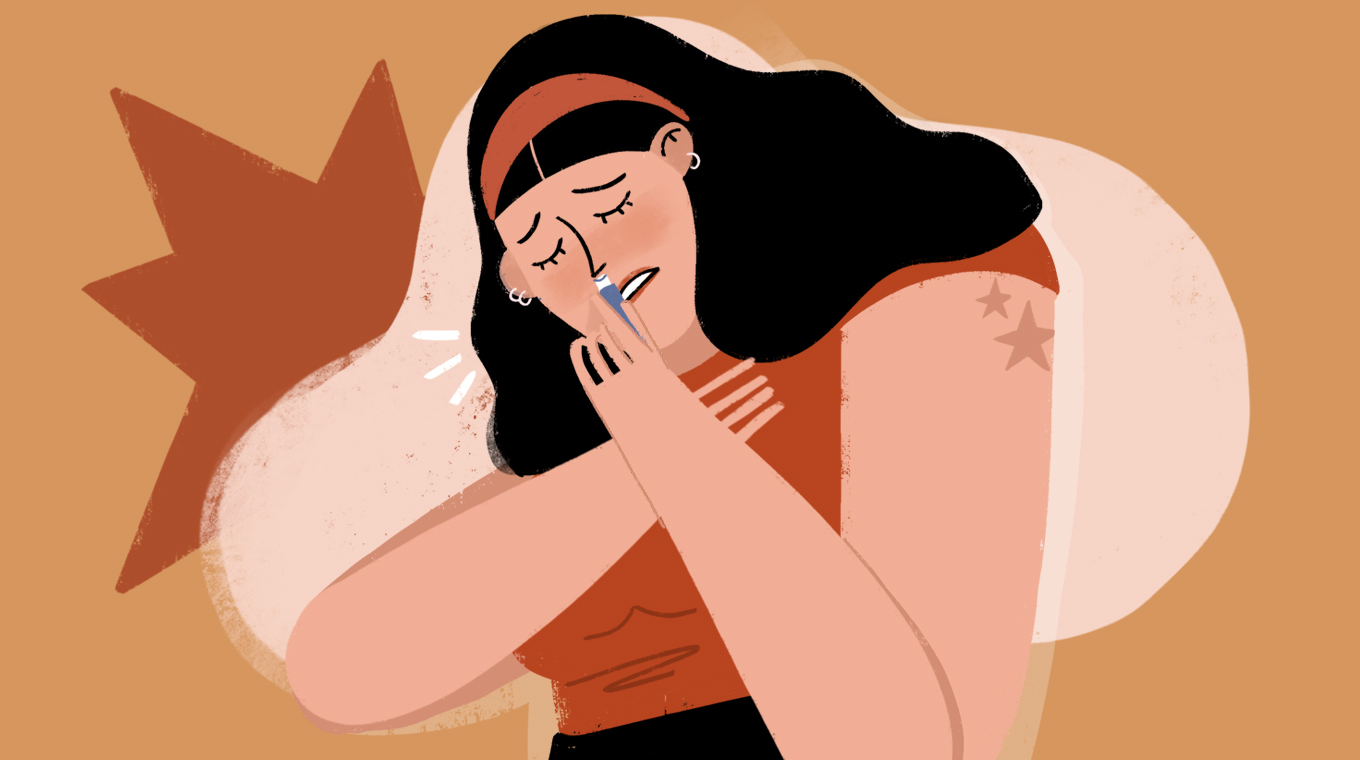
If your olfactory hallucinations don’t stop occurring without treatment, your best bet for getting rid of them is to treat the medical problem that’s causing them. Anti-seizure medication, for example, can decrease the number of instances if a seizure disorder is the problem. If your doctor finds that your smell disorder isn’t connected to any other illness, but you can’t bear the phantom smells you’re experiencing, a last-ditch resort can be surgery to sever some of the olfactory receptors.
If this article helped answer your questions about phantom smells, please SHARE with anyone who can benefit from this information, too!




